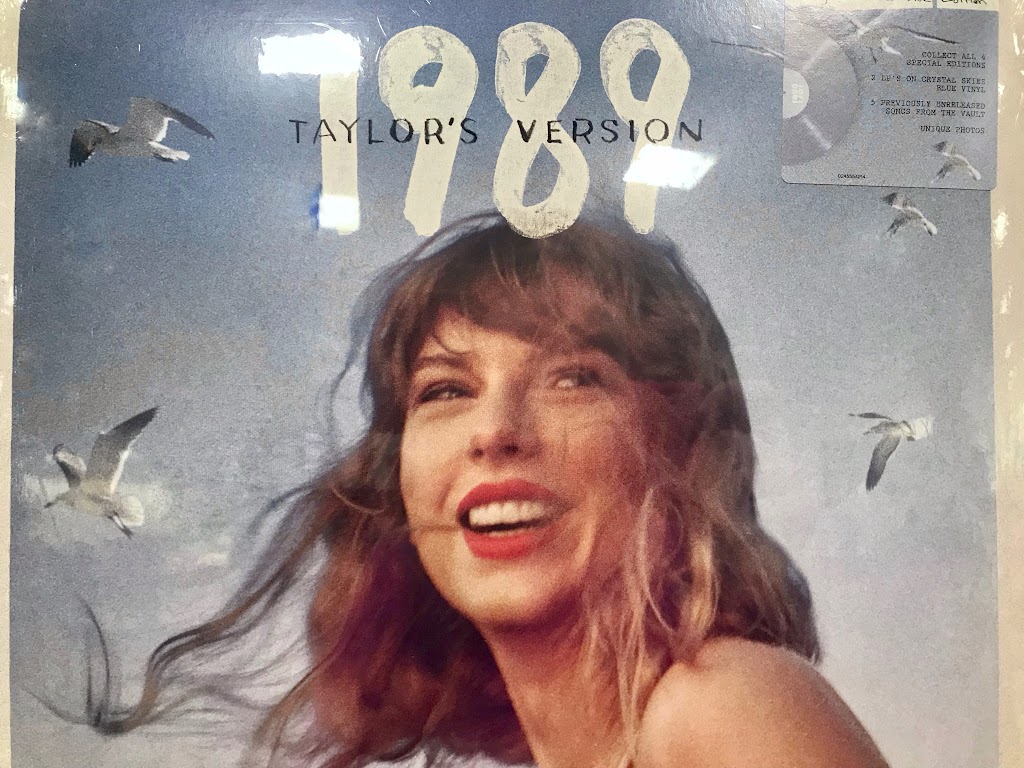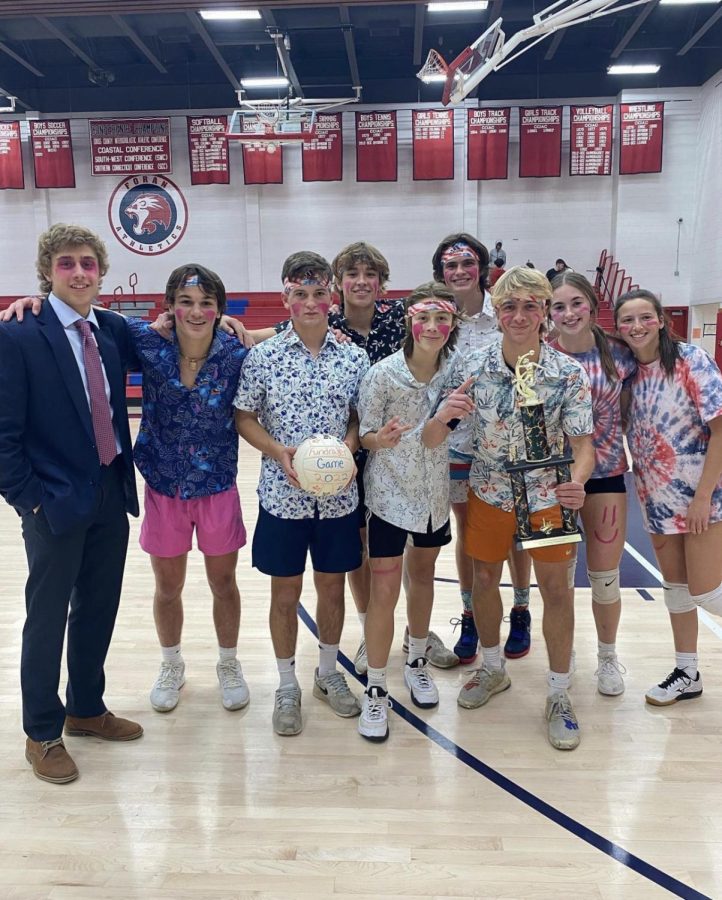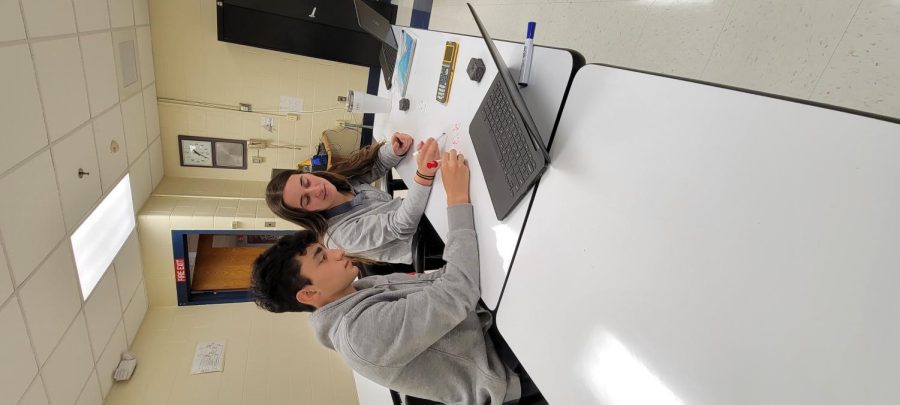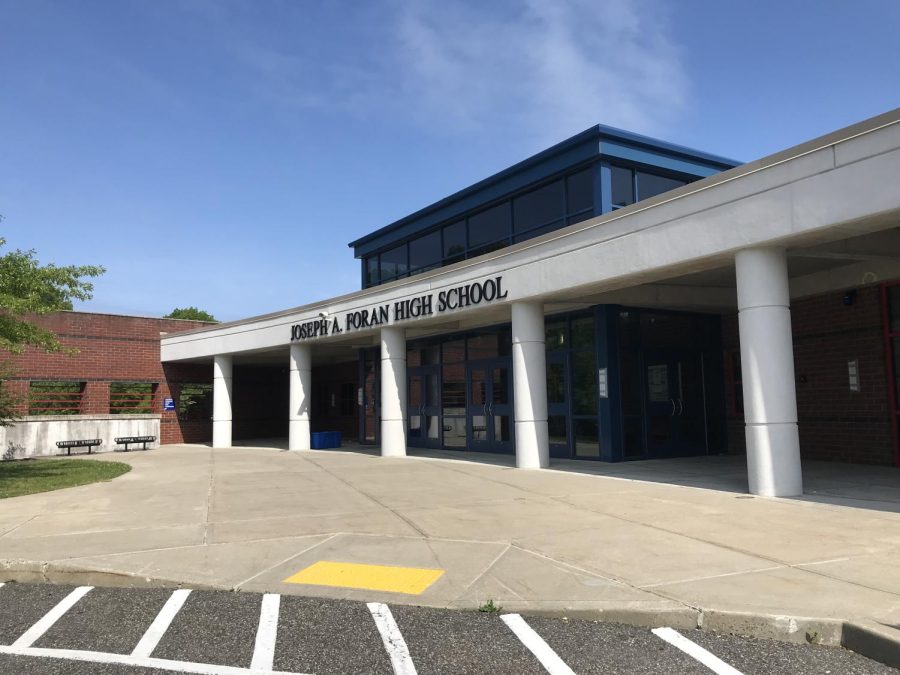Hannah Buckley
Staff Writer

The human brain is one of the most complicated organs in the body. It’s made up of many different parts that work together to preform different functions. Drugs and alcohol can affect the parts of your brain that are necessary for life-sustaining functions. These effects can also contribute to addiction, according to the National Institute on Drug Abuse.
As students of the Milford Public School System it isn’t outrageous to assume that we’ve had information about the dangers of drugs and alcohol drilled into our brains from a very young age. However, one of the things most of us probably won’t forget is in middle school health class when we were allowed to put on the “drunk goggles” and explore what it’s like to walk, run, and, yes, even play catch, with our vision impaired to the same extent of someone who’s highly under the influence of alcohol. This method of learning seems to be something that sticks with most students even as they go into middle school.
It’s a part of the AP Psychology curriculum to review the effects of drugs and alcohol on the brain. On Friday, November 13th, Mrs. Digiacomo’s Psych class dove deep into learning about the effects on the body systems and the neurotransmitters of the brain that drugs and alcohol have. In order to demonstrate the negative effects of drugs and alcohol, the period three students participated in a real world exercise.
The activity began in room 203, Mrs. Digiacomo’s room, with a lecture and a discussion. Officer Taylor was kind enough to give the class a lesson from the perspective of the criminal justice system and its approach to people that abuse drugs and alcohol. To further emphasize these points, Officer Taylor brought in “drunk goggles”, goggles that simulate the vision impairment that being drunk can cause, and a pedal car. “Using the goggles and being able to drive the car was a great learning experience and I won’t ever drink and drive.” Says Senior, Nicole Stefan. The class then moved from the classroom to the gym where they participated in an obstacle course as well as played catch and basketball with the goggles on. Cedrick Lingane says, “It was funny how people thought they knew where things were but were actually way off because of the drunk goggles. Seeing that mad me realize that when someone drinks, you should never let them get behind the wheel no matter how much they say they are fine to drive, their judgment is bad.”
Mrs. Digiacomo has been teaching AP Psychology for three years now. Her favorite part about the lesson was “seeing the practical applications of the knowledge that Officer Taylor shared with the class”. She also enjoyed the video clips he brought in and the stories he shared about his encounters with people under the influence of drugs and alcohol.







